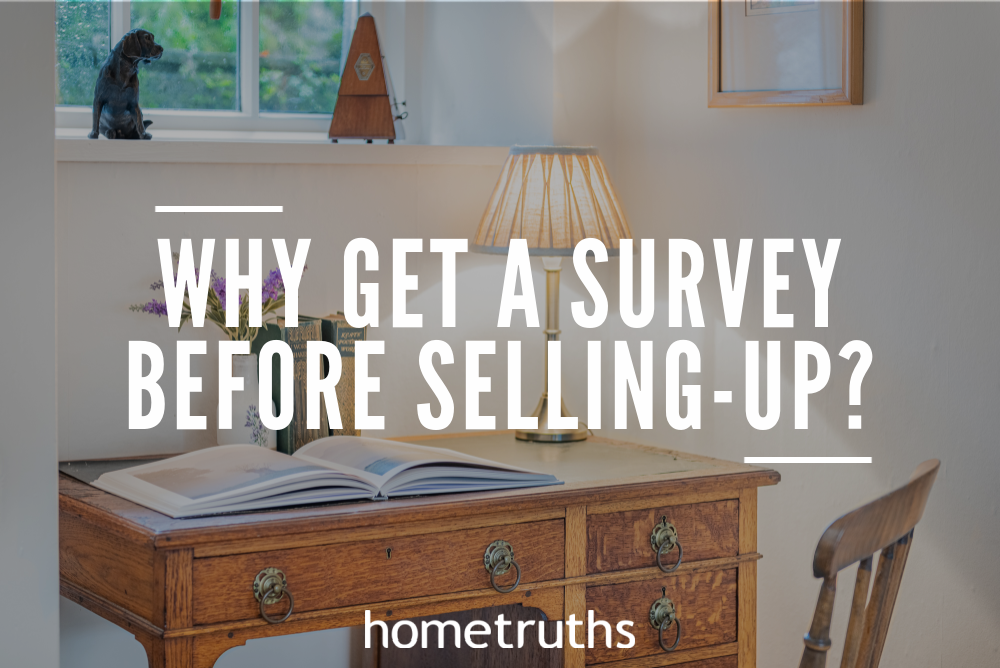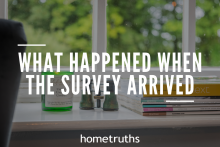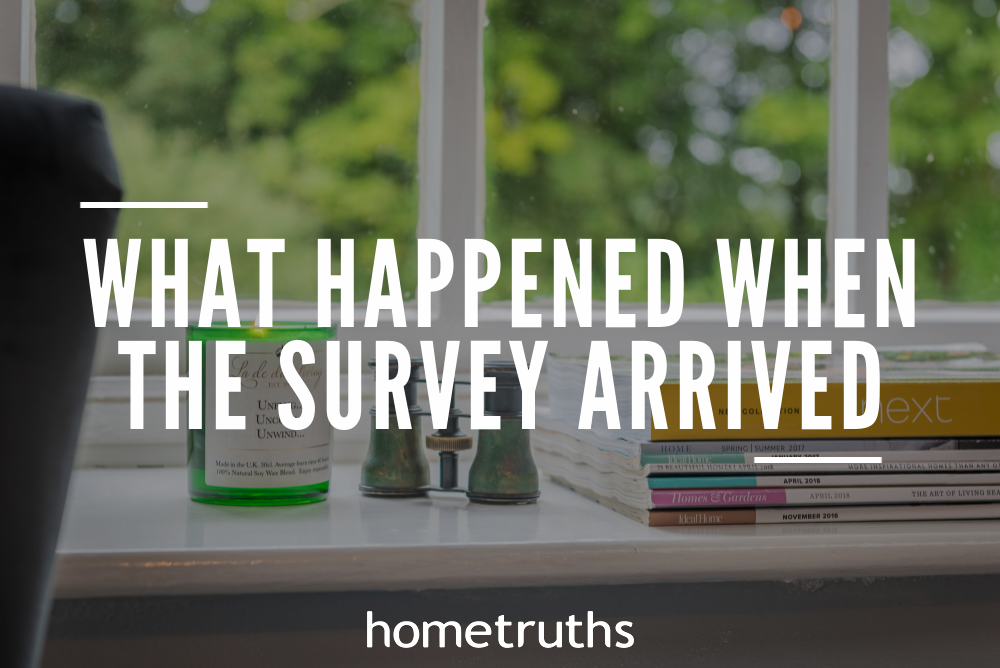A quick guide to pre-sale surveys
Alongside title issues, surveys result in more property sales falling through than any other factor.
Particularly for more expensive properties, sensible buyers will almost certainly seek the advice of a chartered surveyor and the inevitable conclusion if your property is harbouring some worrying structural secrets, is the buyer pulling out or bargaining for a cheaper deal.
The solution is to get in there first – instruct your own surveyor to become your personal property advisor and get ahead of the problem.
Here’s two good reasons why:
- Every day, sales fall through because a surveyor acting for the purchaser spots a defect and the purchaser is scared off. The easiest way to stop this happening? Know what the surveyor will find before he finds it.
Forewarned is forearmed and knowing your home’s detractions, as well as its selling points, will allow you to apply decoration in the right areas, get costings for repair works and even have them carried out if it’s a particular concern.
Our chartered surveyor over in Bristol – Paul Keegan MRICS DipBS MBA MCMI – often does this sort of thing:
“I’ve been around property for decades. I know what types of defects scare buyers and I can help you resolve those problems as quickly and efficiently as possible. That means we can make them disappear before a buyer pulls out and holds up your chain or tries to drive down your price.”
- Chartered Surveyors who are part of the RICS valuer registration scheme are considered to be the foremost experts in the subject of property valuation available to the paying public. Naturally, anyone looking to sell their property will ask an estate agent (or several) to give them an idea of what to ask for it, but a valuer will give you an accurate assessment of what it is actually worth – ie. what it will change hands for.
Practically speaking, this means that you might put the property on the market for the price indicated by the estate agent, but have the true value in mind when a potential buyer tries to haggle you down. If they offer below the value, you’d be well advised to hold out for more.
Our expert valuer over in Stoke – Dave Roberts MRICS RegVal – elaborates:
“Without knowing the real value of your property, you can be convinced by what seems to be a good offer, but is actually a real undervaluation of your asset. I often work with clients to avoid this, as well as helping them maximise the value of their home by making sensible investments.”
So if you’re selling your property, budgeting for a short pre-sale survey is advisable. The result can be benefits to saleability and your negotiating strength, whilst having a surveyor working as your very own value consultant can help you maximise the sale price by putting money where it can really be effective.
About the author:
![]() The Right Surveyors are a group of surveying practices based all over England and Wales. We focus on providing a customer service driven, professional surveying service to all sorts of private, commercial and public sector clients in need of surveys and valuations.
The Right Surveyors are a group of surveying practices based all over England and Wales. We focus on providing a customer service driven, professional surveying service to all sorts of private, commercial and public sector clients in need of surveys and valuations.
You can find out more on the Right Surveyors website here.
If you’d like my help to sell your home more effectively, please answer a few short questions here and if I think I can help you, I’ll be in touch.





